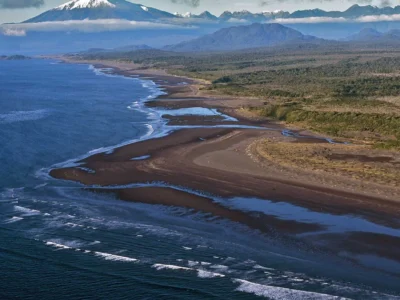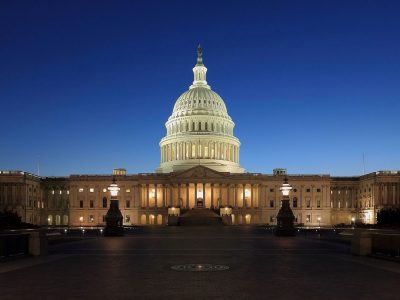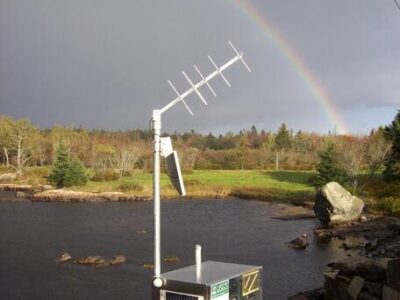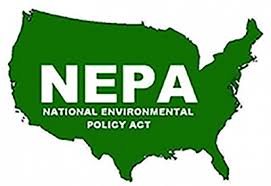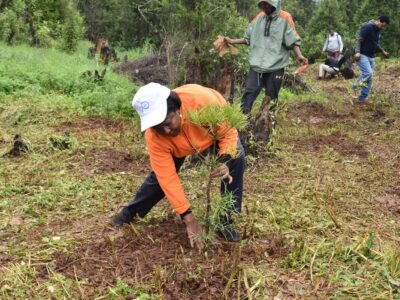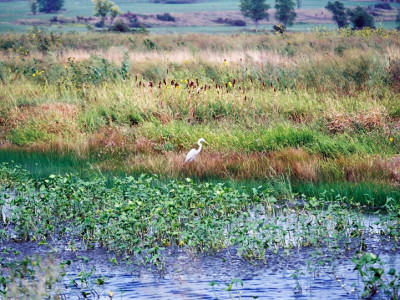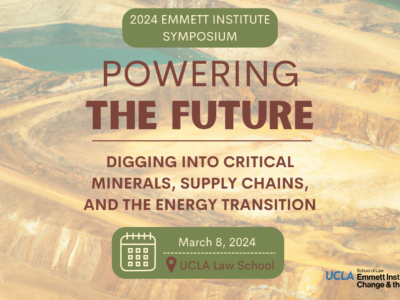Ecosystems
California can help meet its climate goals by removing SERP’s sunset date
By Molly Bruce, Dave Smith, Michael Kiparsky, Derek Hitchcock, Peter Van De Burgt, Sydney Chamberlin, Megan Cleveland
Many regulatory clearances like permits aim to guard against projects that pose harm to the environment. However, permitting can also undercut environmental restoration efforts. While restoration is designed to remedy environmental harms and improve resilience to climate change, permitting can substantially increase project costs and slow or altogether impede environmentally beneficial projects. Striking an effective …
Continue reading “California can help meet its climate goals by removing SERP’s sunset date”
CONTINUE READINGA New Era of Conservation on the Horizon
Lessons from philanthropist and conservationist Kris Tompkins after a visit to the UCLA Emmett Institute.
“Sentiment without action is the ruin of the soul.” That line by writer Edward Abbey is a favorite quote of Kris Tompkins. She’s the legendary conservationist and philanthropist who recently visited UCLA Law at the invitation of the Emmett Institute and the Lowell Milken Center for Philanthropy and Nonprofits. Ever since Thompkins’s visit with …
Continue reading “A New Era of Conservation on the Horizon”
CONTINUE READINGThe Ten Most Important U.S. Environmental Laws
Some of the choices may surprise you.
What are America’s most important environmental laws? Some are familiar, such as the federal air and water pollution laws, and the Endangered Species Act. But there are other people rarely hear about — even in environmental law courses — but have done a lot to protect the environment.
CONTINUE READINGThe “Silver Bullet” Required to Improve California’s Water Rights System: More & Better Data
California Lags Behind Other Western States in Obtaining Critically-Needed & Available Water Diversion Data
Recently I’ve posted stories about efforts to enforce California’s water laws in the face of efforts by some diverters to evade and ignore limits on their ability to privatize public water resources–especially in times of critical drought. One post focused on the federal government’s successful criminal prosecution of a San Joaquin Valley water district manager …
CONTINUE READINGUniversities Gear Up to Fight Climate Change
Here are some recent developments at leading universities.
Universities across the country are making moves to better address climate change: creating new Schools of Sustainability and Climate, establishing research institutes, and appointing Vice Provosts for Climate Change to oversee their work.
CONTINUE READINGNEPA in the Ninth
Can an agency just shortcut the whole process? The 9th Circuit says no.
On Wednesday, the Ninth Circuit decided a NEPA case that discusses two interesting issues. But what’s most striking isn’t what the court did discuss but what it didn’t mention : the fact that last year’s NEPA amendments speaks directly to one of those issues. Apparently the word that NEPA was extensively amended a year ago …
Continue reading “NEPA in the Ninth”
CONTINUE READINGDeciphering NEPA 2.0
Here’s everything you wanted to know about the “New NEPA” but were afraid to ask.
NEPA was long an island of legal stability, standing almost unamended for over a half century. Then in the summer of 2023, everything changed. As a rider on the agreement to raise the debt ceiling, Congress extensively rewrote and expanded NEPA, gifting us with a new statutory regime. As I’ve written before — and discuss …
Continue reading “Deciphering NEPA 2.0”
CONTINUE READINGMisusing Carbon Removal as a Climate Response
Carbon removal is an alluring idea. That also makes it a tempting façade for bad policies.
It seems clear that in some form, carbon removal is going to be an important component of climate policy, especially later in the century to deal with carbon levels that overshoot the targets in the Paris Climate Agreement. The problem is not with the concept but with its misuse. One of the risks that …
Continue reading “Misusing Carbon Removal as a Climate Response”
CONTINUE READINGThe Long Life and Sudden Demise of Federal Wetlands Protection
Here’s a timeline of events.
It’s no wonder that one EPA staffer’s reaction to the Supreme Court ruling was a single word: “Heartbroken.” In 2023, the Supreme Court ended fifty years of broad federal protection to wetlands in Sackett v. United States. It is only when you look back at the history of federal wetland regulation that you realize just …
Continue reading “The Long Life and Sudden Demise of Federal Wetlands Protection”
CONTINUE READINGEmmett Institute Symposium: Powering the Future
This is a critical moment in the energy transition for plotting the course of mineral extraction, with communities and the environment in mind.
If you ever find yourself passing through southwest Montana, go visit the Berkeley Pit and contemplate resource extraction. You pay a couple bucks to a guy in a trailer; walk under some razor wire and through a long, disorienting white tunnel; then stand and stare out at the most beautiful turquoise sea of toxic …
Continue reading “Emmett Institute Symposium: Powering the Future”
CONTINUE READING



